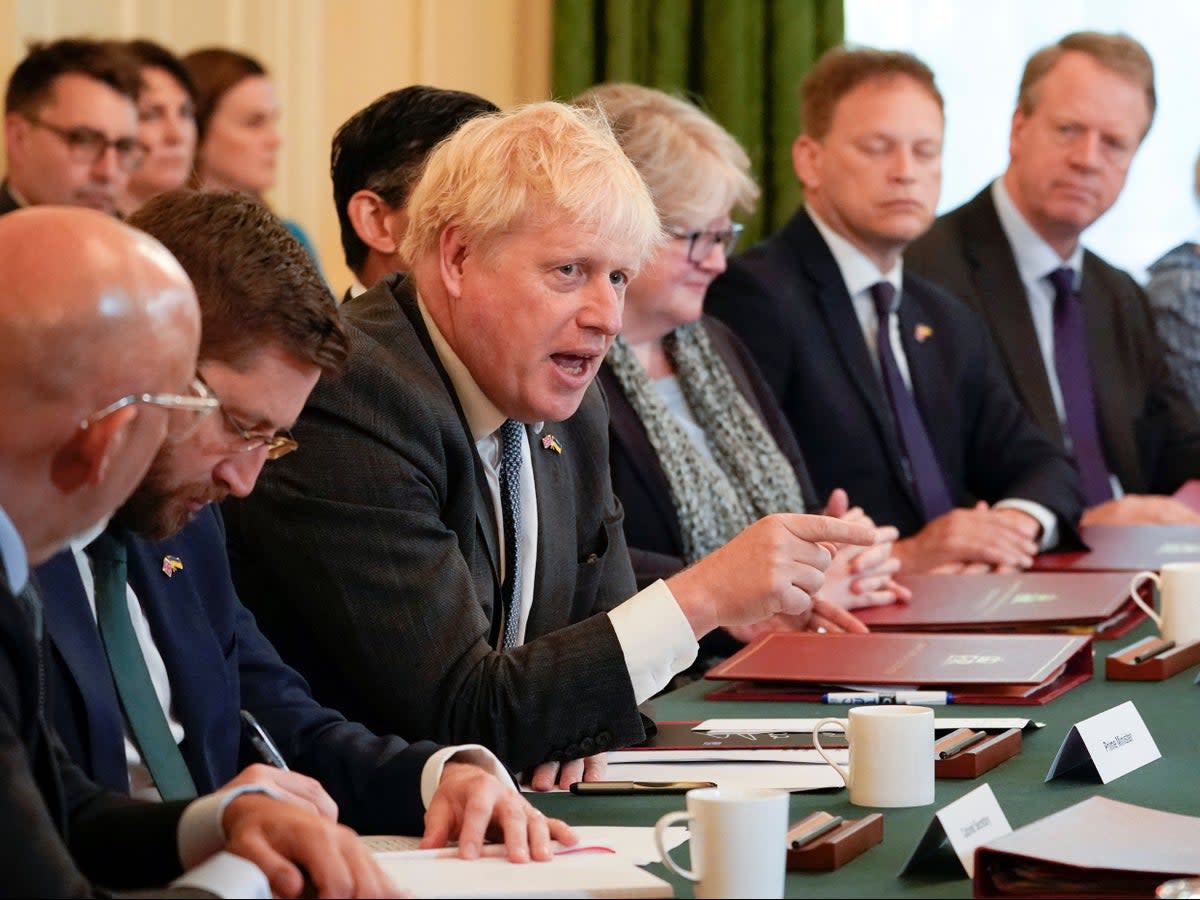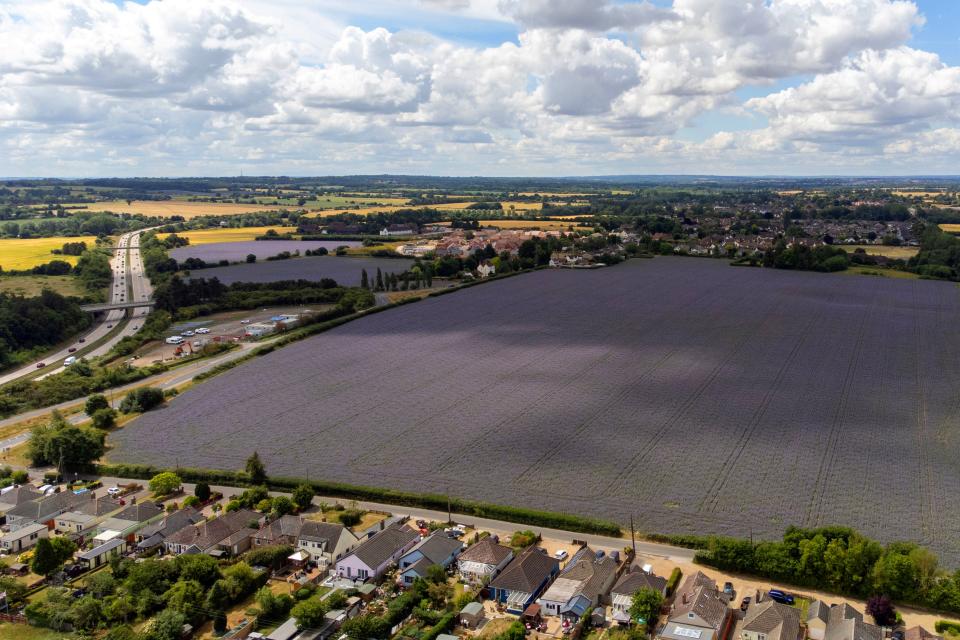Director of new pandemic institute urges government to prepare UK for next outbreak

- Oops!Something went wrong.Please try again later.
The director of a new UK institute dedicated to fighting future outbreaks of infectious diseases has urged the government “to put your money where your mouth is” and invest more in pandemic preparedness.
The Pandemic Sciences Institute (PSI), which formally launches on Tuesday, has been founded by experts at the University of Oxford to identify and better respond to pandemic threats.
One of the key aims of the institute is to help the UK and wider world to deliver diagnostics, therapeutics and vaccines within 100 days of the start of the next pandemic — a key ambition unveiled by the G7 nations last year.
However, Professor Sir Peter Horby, the first director of the PSI, said there has been “a lot of political rhetoric around preventing another Covid-19 style pandemic” but warned that “what we haven't yet seen is the investment to back that rhetoric up”.
Speaking to reporters on Monday, Sir Peter said: “There needs to be that investment.
“Currently our fundraising has mostly been from philanthropic sources, or from industry, and we're not seeing the investment that we would want from national governments – not just our own – but national governments around the world.
“I think we need to hold them to task for that if we're going to have statements that we want drugs, diagnostics, vaccines, ready in 100 days. You've got to put your money where your mouth is and make the investments to make that happen.”
So far, the PSI has raised around £100m to help fund programmatic costs and the construction of a new building, said Sir Peter.
“We're off to a flying start, but it's a very ambitious programme,” he added. “So we are still fundraising for that.”
The PSI will have its own labs working on high-threat pathogens and is set to run programmes looking at an array of viruses that have the potential to cause future outbreaks, such as Sars-CoV-2, nipah virus and the monkeypox virus.
It will bring together experts from different disciplines to draw upon the lessons learnt from Covid and further refine diagnostics, drugs, vaccines, and surveillance technology that could help to counter the next pandemic threat.
Sir Peter said the rapid response to Covid-19 showed what the scientific community was capable of.
“We saw vaccines developed at lightning speed, we saw therapeutic trials set up in just nine days. We saw new diagnostics, and we saw new public health interventions. And all of those have made a very real difference saving lives. And if we can do that during the emergency, we should be able to achieve that during peacetime as well.”
“The Pandemic Sciences Institute has been set up by the university really to make sure that we make that exceptional achievement part of routine practice.”
UK news in pictures











The UK’s Vaccine Manufacturing Innovation Centre (VMIC), based in Harwell, near Oxford, was meant to be a key component of the country’s future pandemic defences, and its completion date was brought forward during the rush of Covid-19, from summer 2023 to spring this year.
VMIC was constructed to develop a state-run vaccine manufacturing network and accelerate the time it takes to prepare jabs in response to an outbreak of an infectious disease.
However, VMIC has since been sold to the private sector, despite the millions of taxpayer’s money pumped into the project.
Professor Dame Sarah Gilbert, who was also speaking ahead of the launch of PSI, said it was a “shame” that VMIC had been sold.
“I’m disappointed that VMIC won't be able to fulfil the role that we had planned for it. It was planned as a flexible facility that could manufacture more than one vaccine technology and be able to respond as needed.”
She added: “We want to be in a position, as Peter said, within 100 days of knowing about a new pandemic, having the tools ready to deal with that so that we don't find ourselves in a situation where a virus has spread around the world and there's no prospect of containing it.
“If we can get ahead of the next outbreak and contain at an early stage, using all the measures at our disposal, we have the opportunity to stop that outbreak from becoming a pandemic and that's really where our efforts are focused.”

